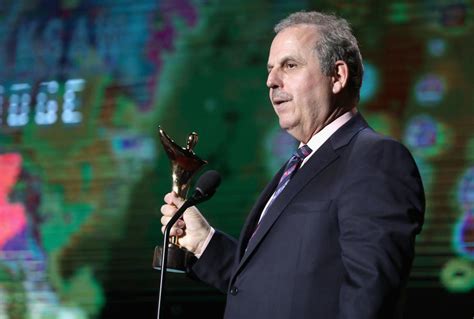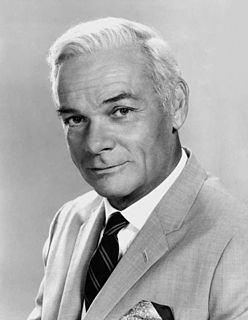A Quote by Seth Klarman
Speculators are obsessed with predicting: guessing the direction of stock prices. Every morning on cable television, every afternoon on the stock market report, every weekend in Barron's, every week in dozens of market newsletters, and whenever business people get together. In reality, no one knows what the market will do; trying to predict it is a waste of time, and investing based upon that prediction is a purely speculative undertaking.
Quote Topics
Afternoon
Based
Business
Cable
Direction
Dozens
Every
Every Morning
Get
Get Together
Guessing
Investing
Knows
Market
Morning
Newsletters
Obsessed
People
Predict
Predicting
Prediction
Prices
Purely
Reality
Report
Speculative
Speculators
Stock
Stock Market
Stock Price
Television
Time
Together
Trying
Undertaking
Waste
Waste Of Time
Week
Weekend
Whenever
Will
Related Quotes
An index fund is a fund that simply invests in all of the stocks in a market. So, for example, an index fund might invest in every single stock or almost every single stock in the U.S. market, it might invest in every single stock abroad, or it might invest in all of the bonds that are out there. And you can make a perfectly fine investing portfolio that mixes equal parts of all three of those.
The underlying strategy of the Fed is to tell people, "Do you want your money to lose value in the bank, or do you want to put it in the stock market?" They're trying to push money into the stock market, into hedge funds, to temporarily bid up prices. Then, all of a sudden, the Fed can raise interest rates, let the stock market prices collapse and the people will lose even more in the stock market than they would have by the negative interest rates in the bank. So it's a pro-Wall Street financial engineering gimmick.
The reality is that business and investment spending are the true leading indicators of the economy and the stock market. If you want to know where the stock market is headed, forget about consumer spending and retail sales figures. Look to business spending, price inflation, interest rates, and productivity gains.
It's got to be the best intellectual exercise out there. You're seeing through new situations every ten minutes. In the stock market you don't base your decisions on what the market is doing, but on what you think is rational. Bridge is about weighing gain/loss ratios. You're doing calculations all the time.































